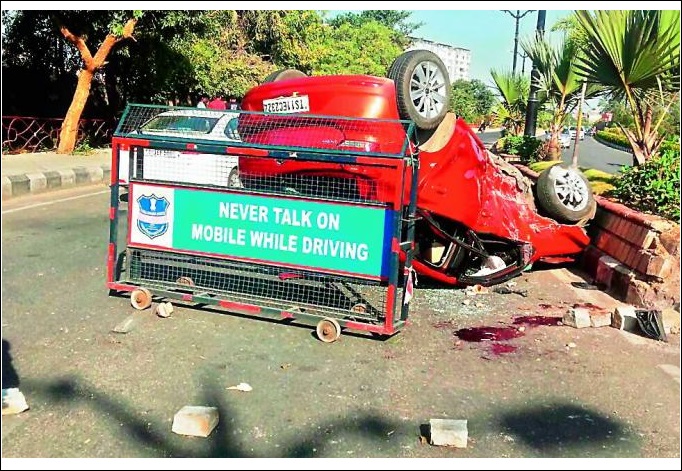Unfortunately, GAP insurance faces a great deal of undeserved criticism. While it’s certainly not applicable to everyone’s personal situations, for those it’s aimed at to help, it can be an invaluable resource. Still, the word ‘insurance’ can go throw certain people; after all, not all insurances are one in the same. This is especially true in the case of GAP insurance and regular vehicle insurance.
 Consequently, here’s a quick rundown of the differences between these two types of vehicle insurance.
Consequently, here’s a quick rundown of the differences between these two types of vehicle insurance.
Damage to Vehicle
When people think of insurance, they generally think of how it protects them personally. Perhaps thoughts of accidents and injuries come to mind, or compensation for trauma or loss of personal function. For example, regular vehicle insurances will help to cover injuries to people in an accident, whether they’re passengers, animals, or other drivers.
GAP insurance does not cover these eventualities. It does, however, pay greater attention to the damage afflicted to the vehicles. Typically, regular car insurance policies do not cover the damage inflicted on cars, only who is inside them. Consequently, if you also want someone to cover the repair costs on your vehicle, GAP insurance policies are the way to go.
It’s Optional
You can’t navigate the roads without car insurance. It’s mandatory, and the law states very clearly that you must have motor insurance in order to drive. Not only does this type of regular vehicle insurance protect you, but it also helps your fellow road users to remain safe too; both physically and financially. If every road user is insured, every road user is benefitted and qualified to cruise around.
However, GAP insurance is entirely optional. While cars reportedly spend 90% of their time static and yet still need regular insurance, there’s far more flexibility where GAP insurance is concerned. People can hop on or off such schemes at practically any time and can really take the time to decide whether it’s for them. No matter the outcome of that decision, the road user can go on to drive legally.
Depreciation Coverage
When you purchase a brand-new car, it loses value the moment you take ownership and pull away from the dealership. With every second that passes, that value continues to climb down. Eventually, should your car get stolen or written off, you stand to gain back very little money back from regular insurers when compared to what you initially paid for the car.
However, GAP insurance covers these differences on newer vehicles. Whether you have car loans to pay off or need to cover the difference from what your insurance means to pay out to you, GAP insurance bridges that financial gap in expert fashion. No matter if it’s what you paid or what you owe, these types of insurance policies do everything they can to support the user at every turn.






